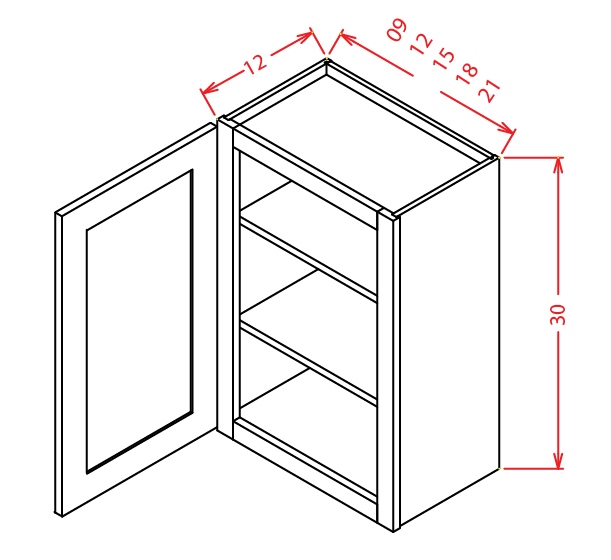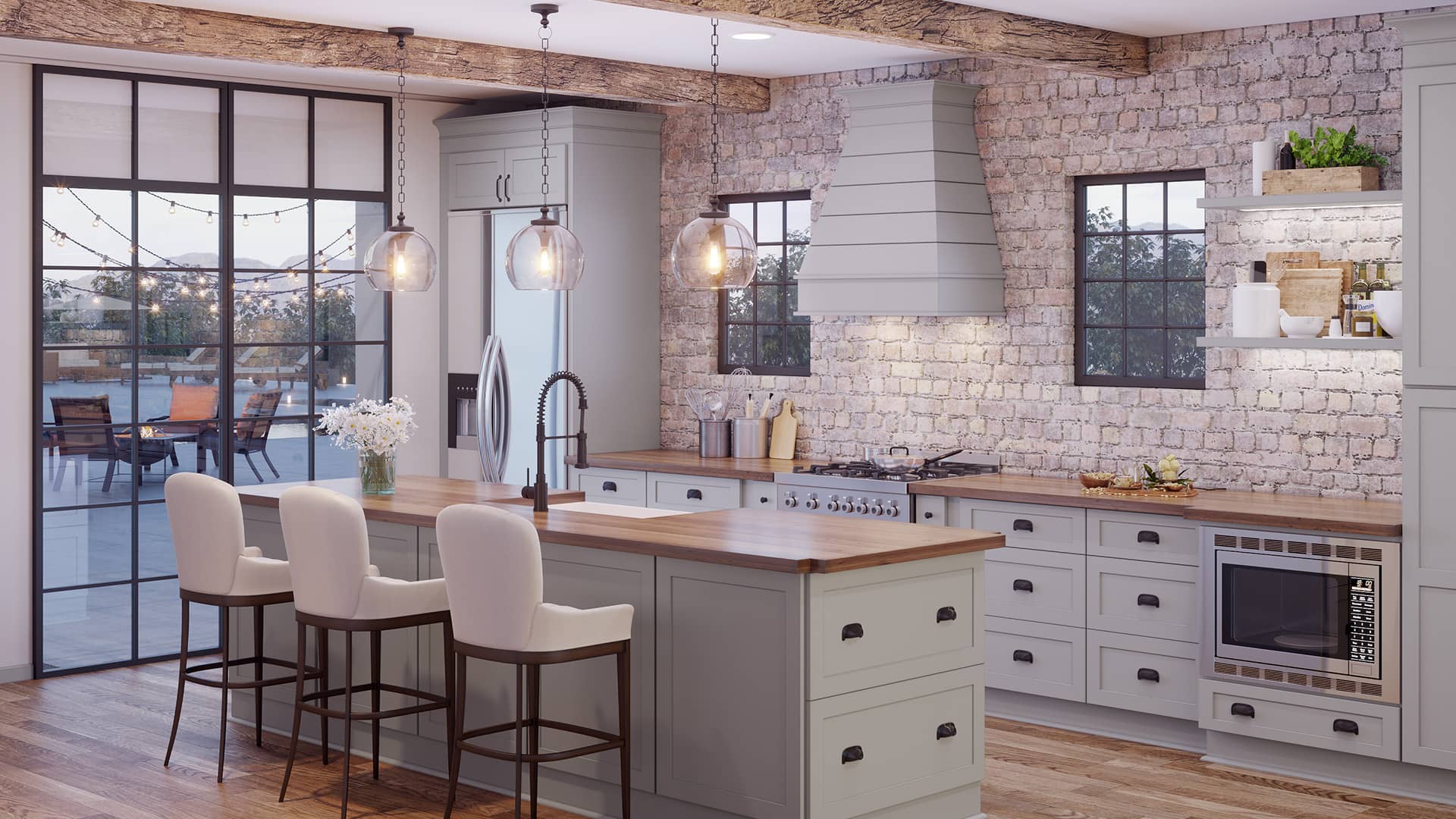
But myths are just that: Half-truths that get perpetuated by people who failed to make a mark in the industry; distorted by time and changes in the market climate. Read on to discover six myths that are preventing people from venturing into the house flipping business.
1. No Money No Flip

Most successful house flippers began by looking around them (think friends and family) for sources of money they could tap into. Or, you could approach a money lender or workout a partnership with your general contractor. If everything goes according to plan, all parties (including you) will have made a neat profit.
2. Bad Credit Score Means No Funding

While bank loans and a good credit history can definitely help you finance your flipping business, they aren’t the only ways to start out in this field. A private investor is the next best alternative. It could be anyone in your circle – a family member, a friend, a coworker or a well-known acquaintance. They are people who are looking to diversify how they invest and grow the disposable income they possess.
Money to invest is all around you but anyone knows that it’s not readily parted with. Before you go looking for private investors, you need to go driving around neighborhoods looking for houses that could certainly use a flip. You need to market yourself to motivated sellers and learn to generate leads even when you’re sleeping. Once you have a great deal, that’s when you approach the subject of money. All your hardwork will pay off when your potential private investors understand the value in it for them. The money will then automatically begin to flow.
3. Only Experts and Handymen Survive

The truth is that successful house flippers employ general contractors who not only get the job done professionally, but get it done faster. Many times, even the general contractor hires subcontractors for highly skilled jobs within the project. Your takeaway? While knowledge about construction and remodeling are a definite plus, they aren’t prerequisites to begin flipping houses.
Imagine how many more motivated sellers you could reach while contractors work on your flip. There will be upfront costs to hire these professionals, but it will give you valuable time and space to concentrate on new leads and other aspects of your business like marketing and so on.
4. House Flipping is Risky

Begin your house flipping journey with a short stint of real estate wholesaling. It’s the safest way to ease yourself into the business, with very little or no investment required from you. Invest a portion of the sizable wholesaler fee to educate and market yourself as a house flipper.
Get your ducks in a row before you actually begin your first flip – learn from reliable sources what the property will sell for after repairs; using a professional home inspector, gauge whether the fixes needed are structural or cosmetic; investigate how long it will take and what you stand to make from the flip before you make your first investment. Your first flip has the power to make or break your business so tread carefully.
5. If You Flip Sell Immediately

Many house flippers double up as buy-and-hold real estate investors. Simply put, they find houses to flip and once the flip is done, they hold on to the property to rent it out. Some may even move into the house they just flipped.
However, it’s important to remember that holding on to a completed property and leaving it unoccupied can invite vandals; and, result in hefty monthly maintenance and insurance bills. Decide well before project completion, if you’re going to sell the house or hold on to it as a rental property.
6. It’s Your Ticket to Riches

It’s the perfect recipe for disaster because in reality, no legitimate business can make such promises, leave alone deliver on them. Like any other business, your house flipping career needs to be built on elbow grease and determination. Instead, if you buy into cheap marketing tactics that try to convince you otherwise, then you need to hit the reset button.
Yes, there are millions to be made but not right at the heels of your first flip, or even your tenth flip. Focus your attention on building profits slowly, but steadily; don’t try to cut corners and don’t rush into anything you may regret.
The Bottom Line

Know that it’s possible to build a house flipping business from scratch, with little or no seed money. Most successful house flippers began that way, starting as real estate wholesalers and working their way into the flip-and-sell business. The bottom line is that it’s possible for anyone to get successful at house flipping as long as they know how to minimize their risks and when to cut their losses.



























































